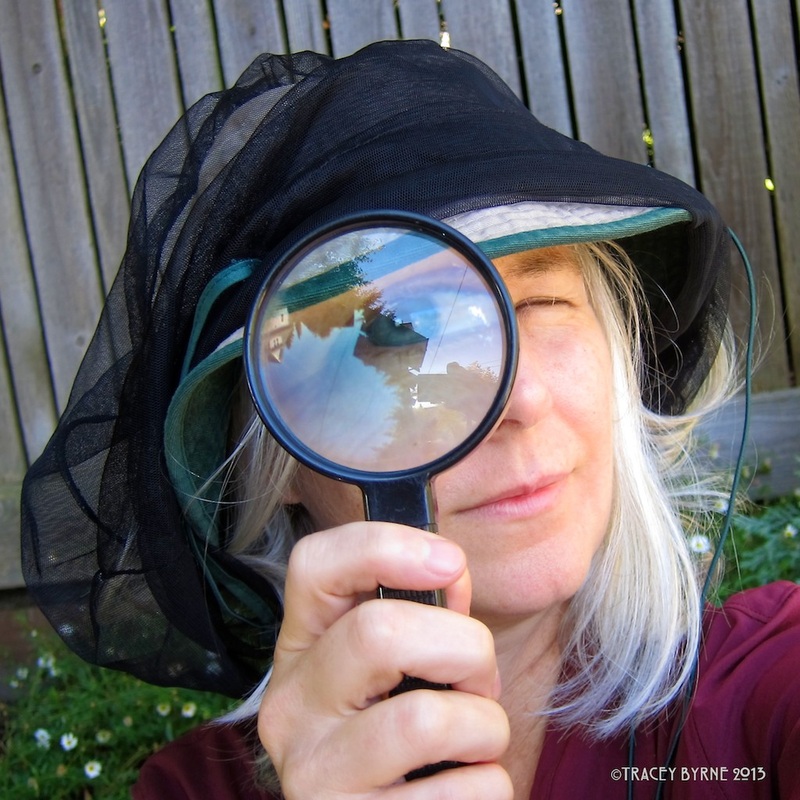On the other side of the house: we are enjoying our upgraded fire pit and pizza oven and this marks the end of our asparagus season.
|
We installed a nucleus hive on May 11th and these bees have settled right in; they came with five frames of brood and honey--and as you can see went straight to work building out comb in their new digs. Checked the hives May 25th and added a second super to both. Lots of rain, but they have already put up lots of nectar with capped honey and tons of pollen coming in.
On the other side of the house: we are enjoying our upgraded fire pit and pizza oven and this marks the end of our asparagus season.
0 Comments
We purchased bees this spring from Rainy Day Bees in Shoreline. Peter and Amy Beth are passionate about their bees and we were thrilled to meet up with them. We hived two packages of bees Tuesday evening and Wednesday morning it appeared that they were both settling into their new homes with bees Nasanoving on both hives and taking orientation flights; but, by the end of the day, one of the hives was empty. What? Dang! Absconded. Though we hope a neighbor will alert us to a swarm, we will be picking up a nucleus hive (5 frames of bees, brood, and a laying queen) in early May to fill our abandoned hive. The bees are gentle Golden West Italians and so far they are loving the rosemary and bringing in loads of white pollen. We are augmenting their efforts with sugar and pollen patties as well. Looking forward to this! Cut-comb honey from a previous year...Cheers!
Posting this as a marker for my first tree pollen allergies of the season. Also thought this cold or flu chart would be handy to compare my symptoms; the main difference from allergies is the pounding headache and and general crabbiness, rather than just wanting to sleep.
Ahh, winter solstice in Seattle... yes--it is raining, a lot, and that's not unusual; we are hunkered down with eggnog, music, and knitting enjoying being HOME and cozy Full moon Jan 2009-from my backyard My first two years of sweater knitting
What's happening in my neighborhood: Atmospheric River! Seattle received 3" in 24 hours...not the 8" elsewhere in Washington; I am happy to be living at the top of a hill today. Cheers~
At the end of October we put up our black sunflower seed feeder along with a couple of chili suet bars and we have been enjoying Bird TV ever since. Exciting new regulars include; the Nuthatch, along with the Chestnut-backed Chickadee as they make their daily rounds with the flock of Juncos and Black-capped Chickadees. The suet brings in not only our Northern Flickers, but on the ground we had a pair of Varied Thrushes to augment our resident Towhees. The California Scrub-Jay has been teasing us for a year or so and it's finally discovered our sanctuary, flying in with a pair of noisy Steller's Jays. Welcome to everyone!
Yesterday evening we were on the look-out in our favorite owl-spotting glen and had just about given up; we sat down on the bench overlooking the little creek and then, looking up, there was the owl perched quietly 10 feet above us! We sat in awe for ages watching it watch us, the butterflies, and other walkers obliviously passing underneath=Owl Blessings. We started our afternoon saunters in late April, and over the next few weeks got to know this family of Ravens. It turns out that historically, Ravens nested in the Washington Park Arboretum, but until 2019 they had not been seen for 100 years. This year there were three hatchlings, and boy-oh-boy were they ever raucous! I caught them all doing their own saunter; usually we'd see them up in the trees or perched on the back of our favorite hidden bench. Douglas squirrels: The Douglas Squirrel lives in the coniferous forests of North America's west coast. It wanders playfully throughout all parts of the forest and treetops, but prefers lingering close to the forest grounds (WA Nature Mapping). We not only have been seeing this chipmunk-sized boisterous squirrel in several locations throughout the Arboretum, but on a hot steamy evening we watched TWO of these little darlings chasing each other around and around and around an enormous tree trunk. What a joy.
Enjoying life's abundance: rhubarb, asparagus, coffee & rye bread P.S. Chickadees vs. Bumblebee Queen
So, this week I've been watching two chickadees and a Bombus vosnesenskii queen (the yellow-faced bumblebee) going in-and-out of the chickadee's birdhouse. I'll keep you posted! June: definitely the Chick-a-dees; the parents are busy all day long and the peep-peeping is getting louder. They'll be fledging soon and I hope to catch them at it this year. |
AuthorTracey Byrne~ Categories
All
Archives
June 2024
|




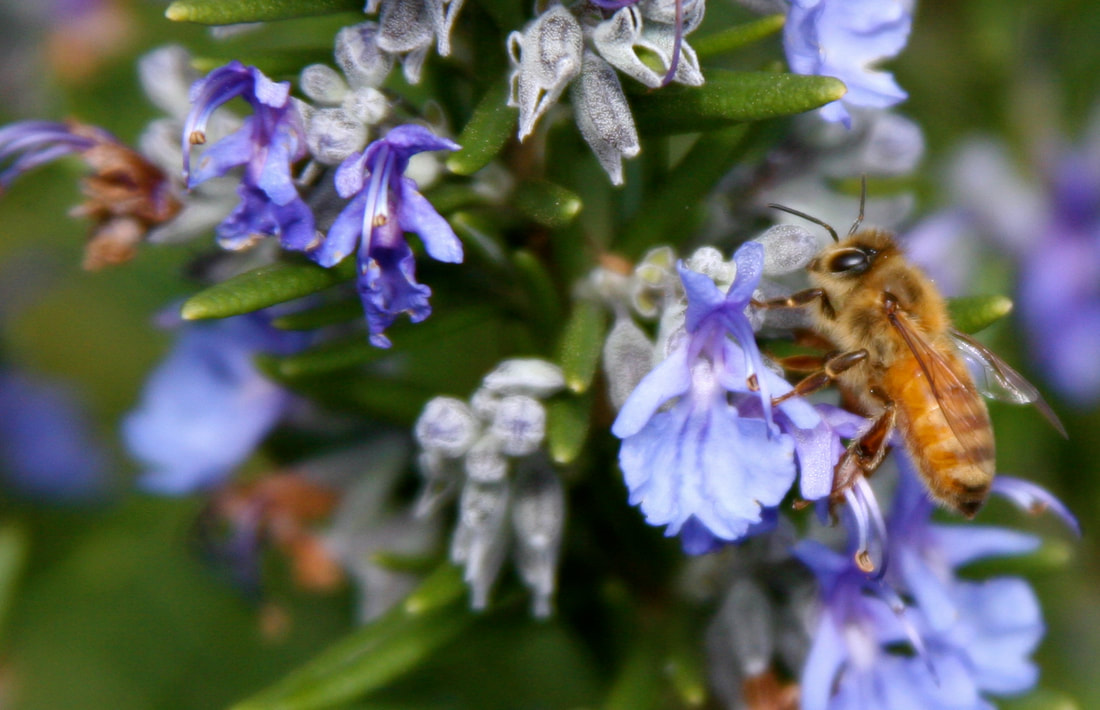
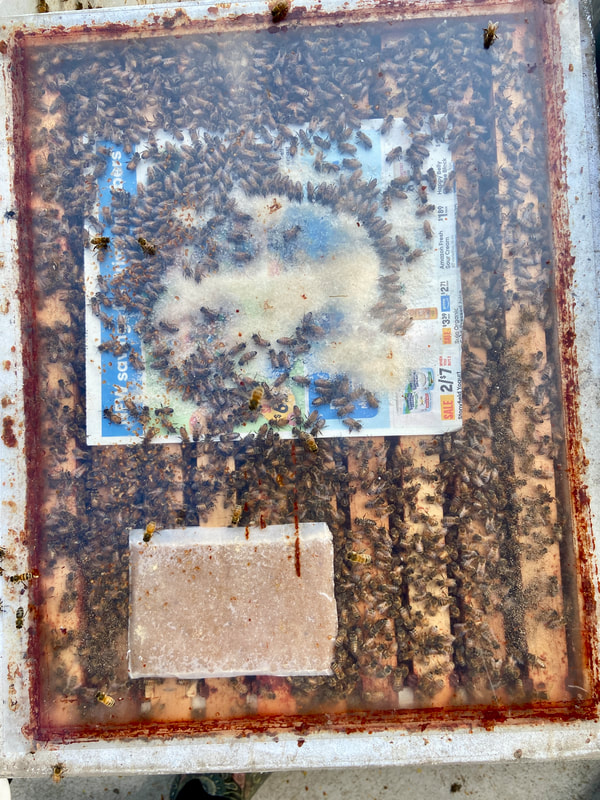
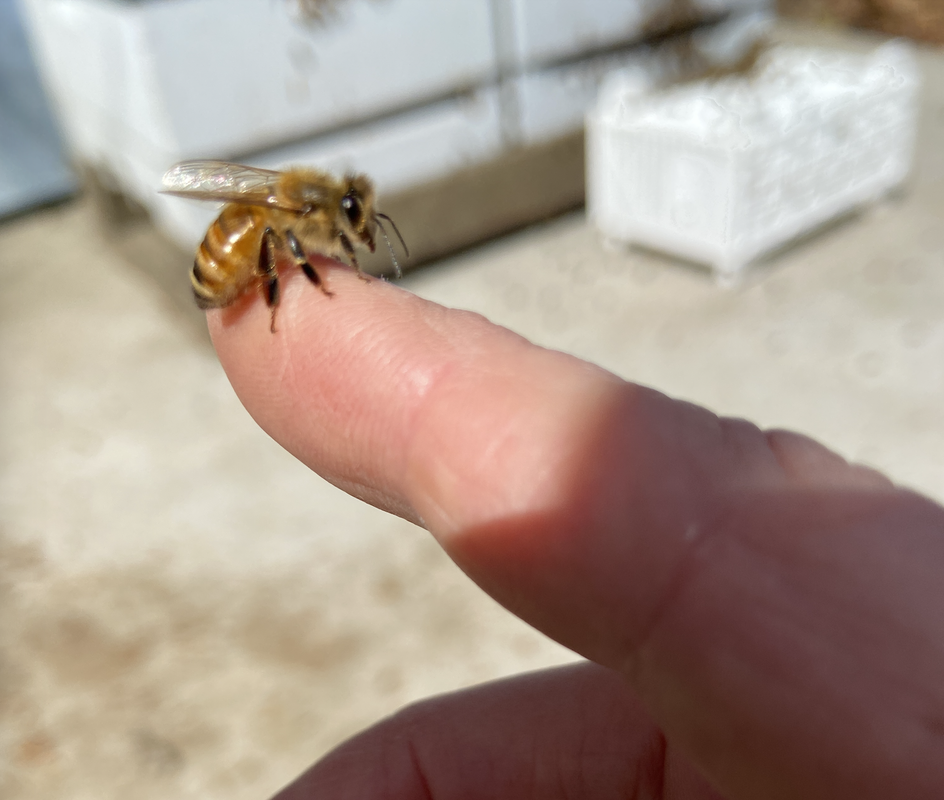
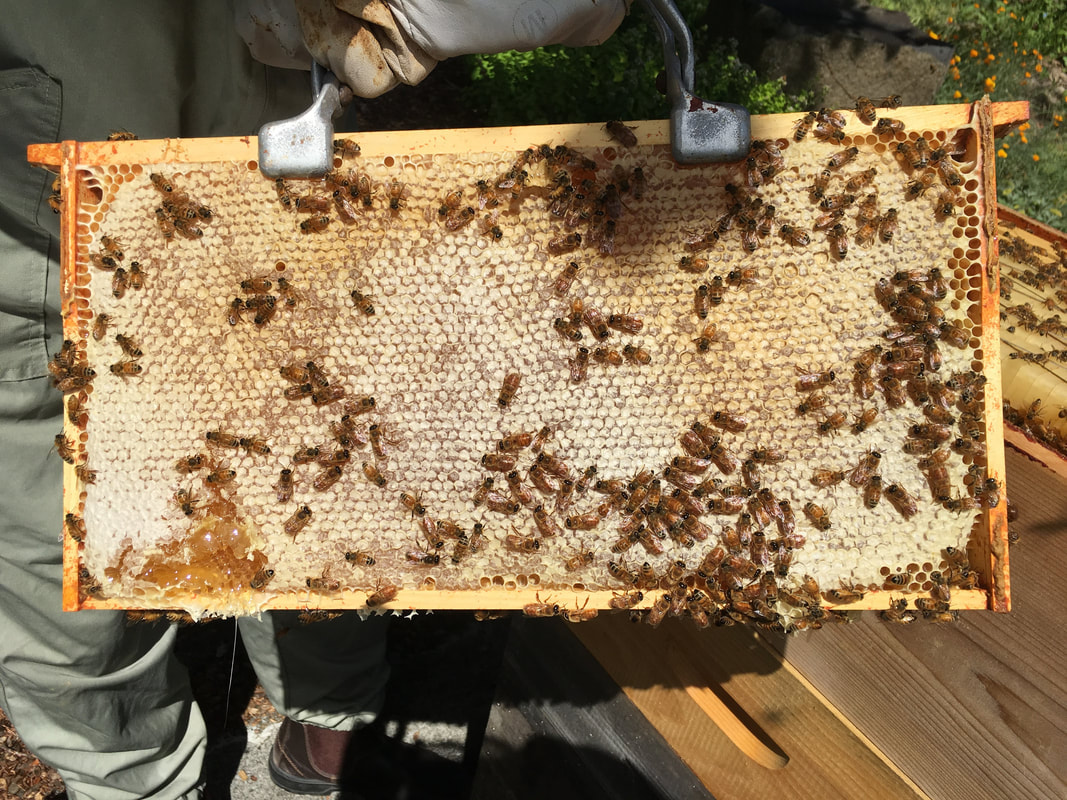
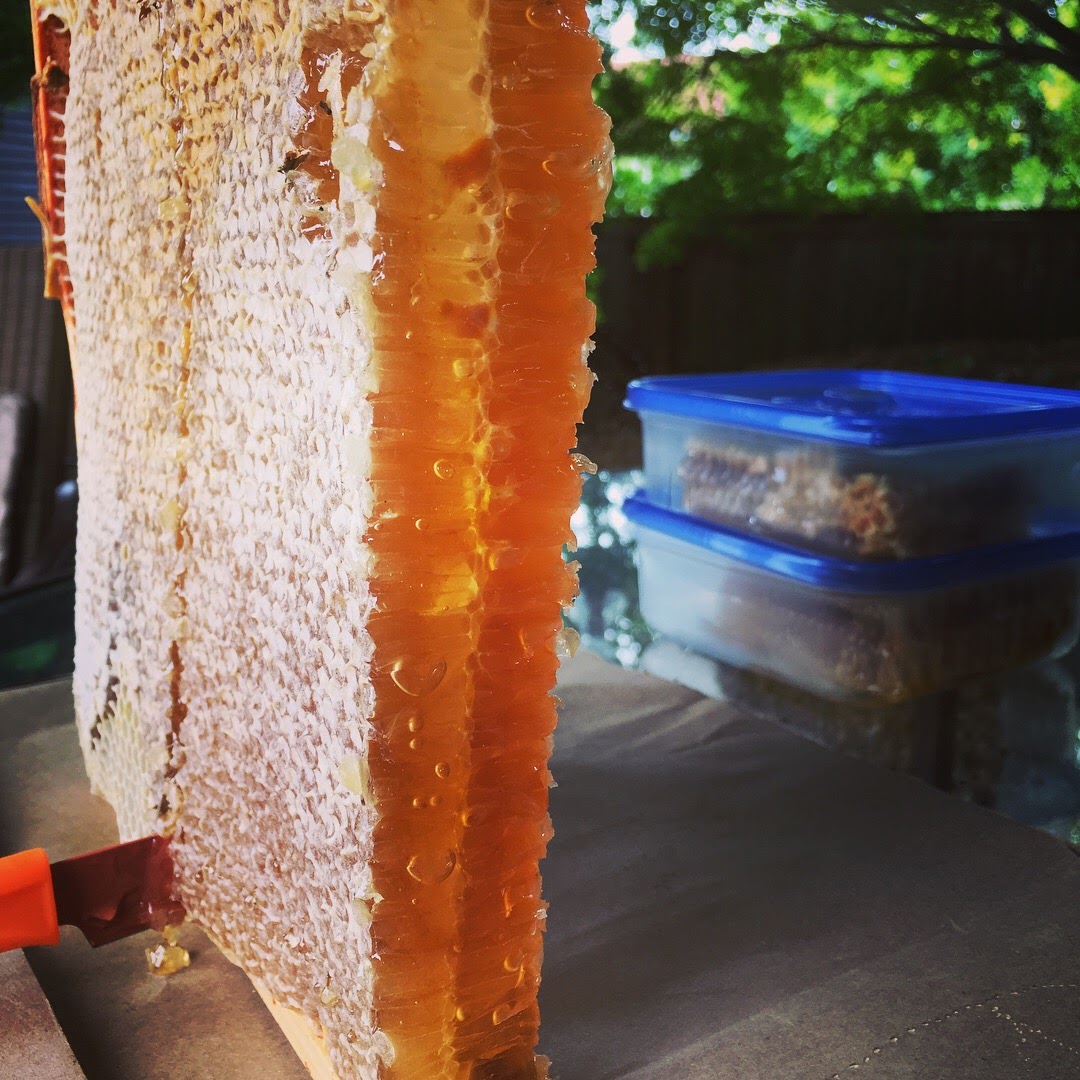
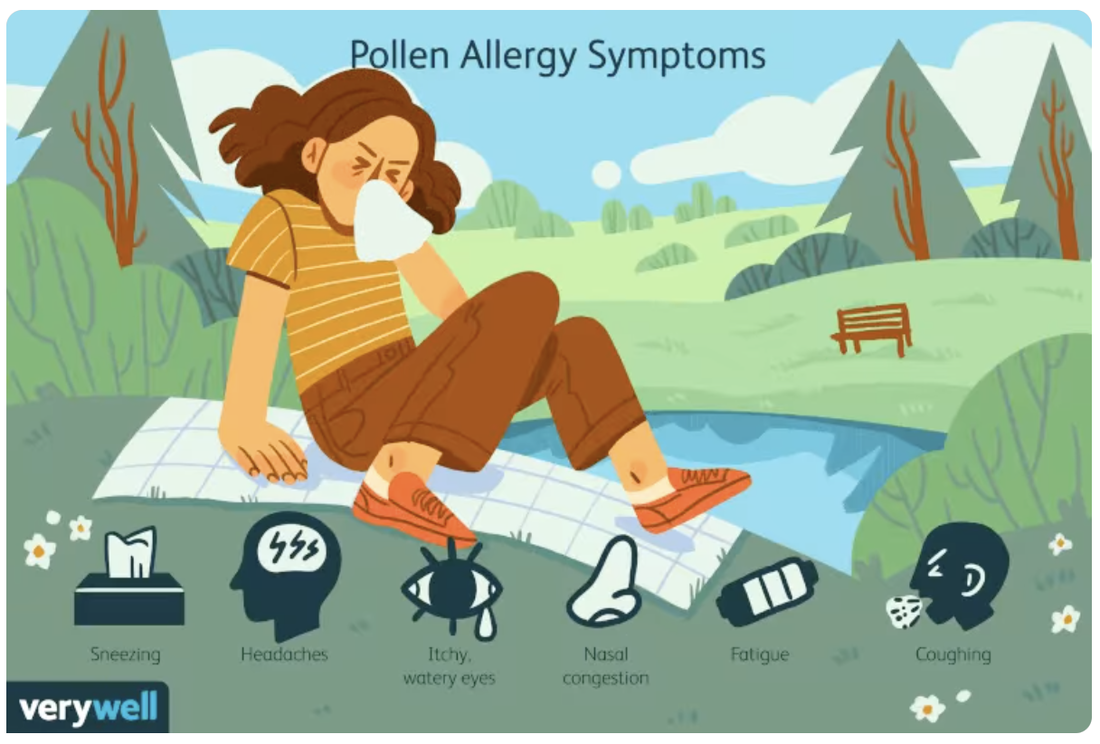


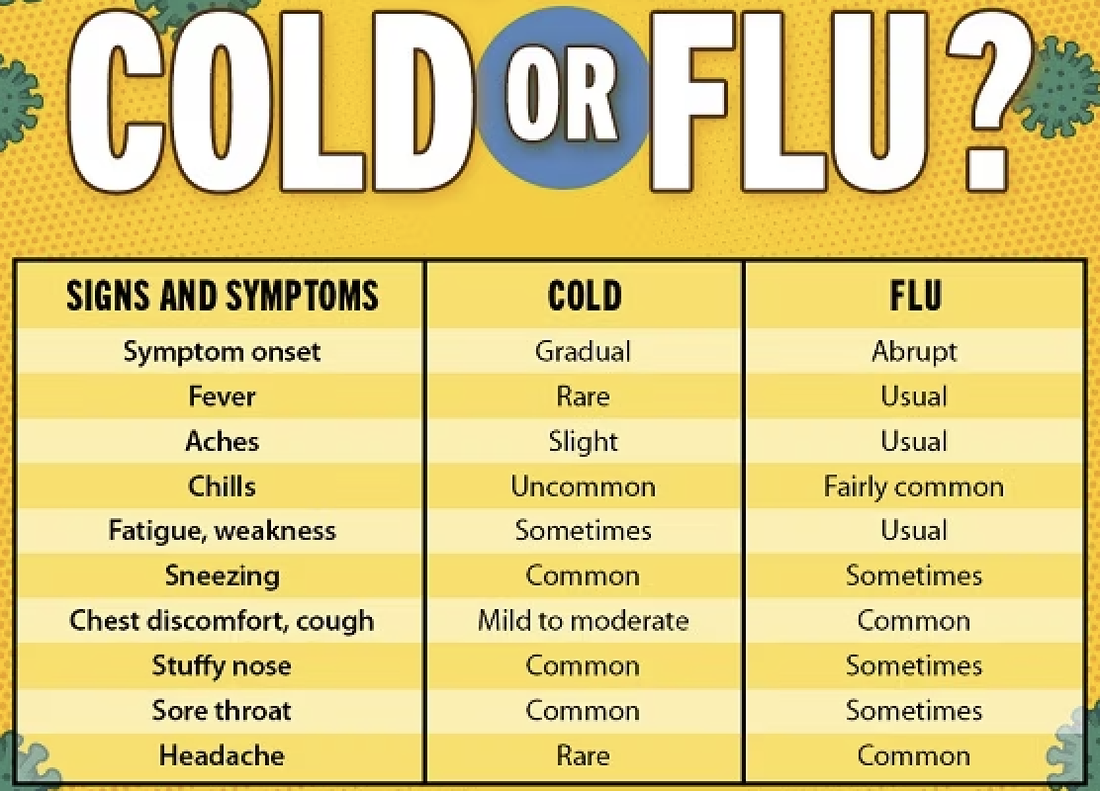
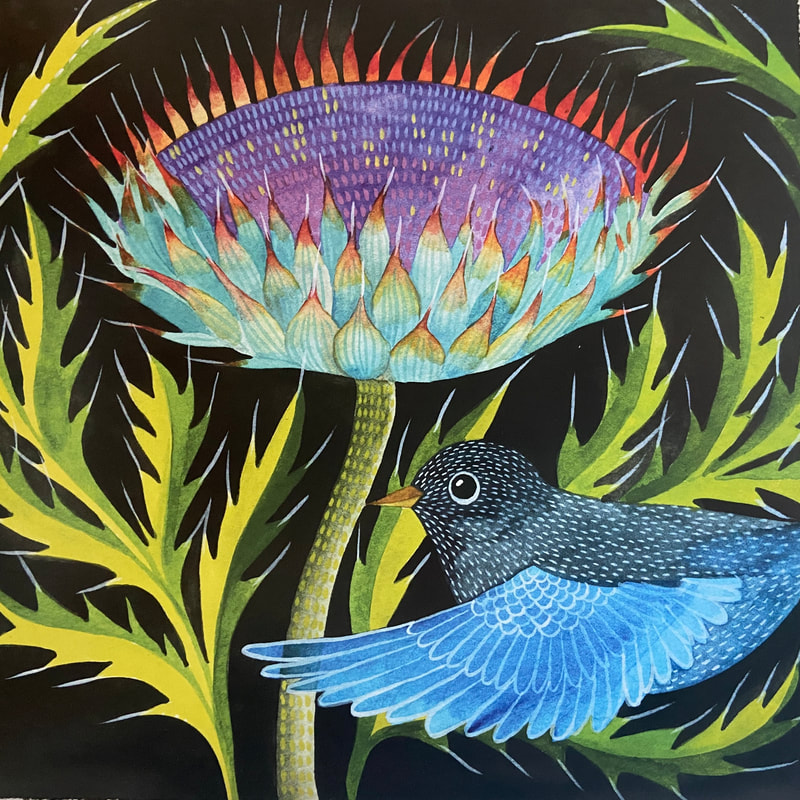
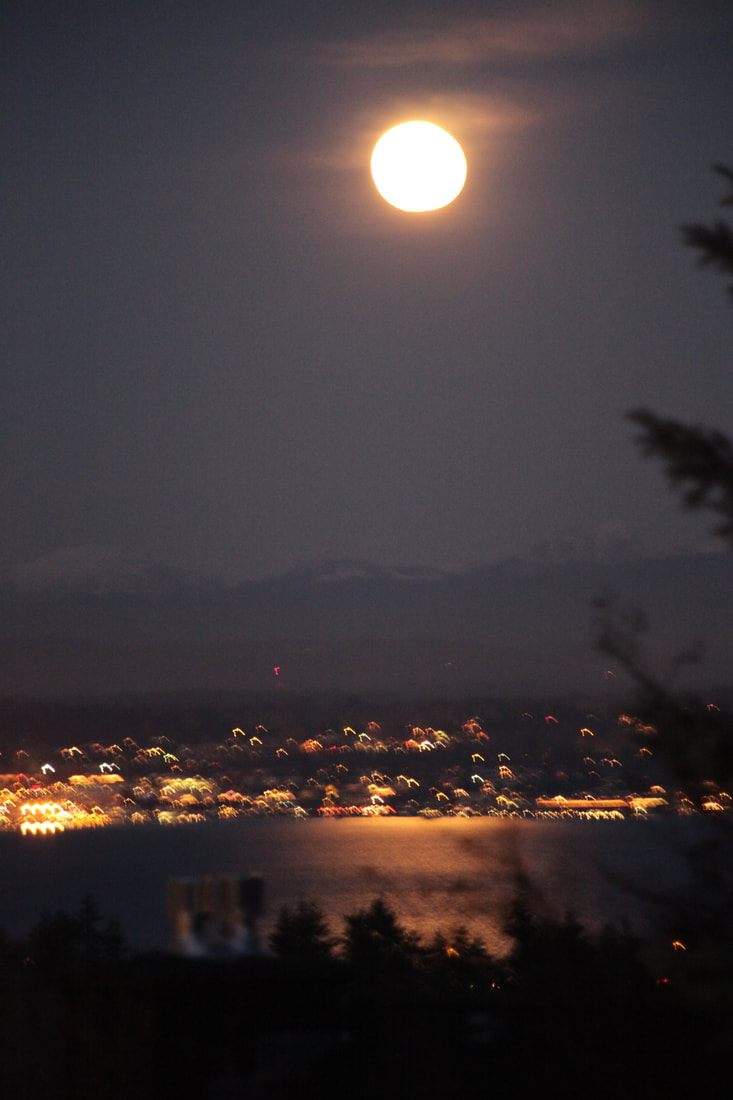
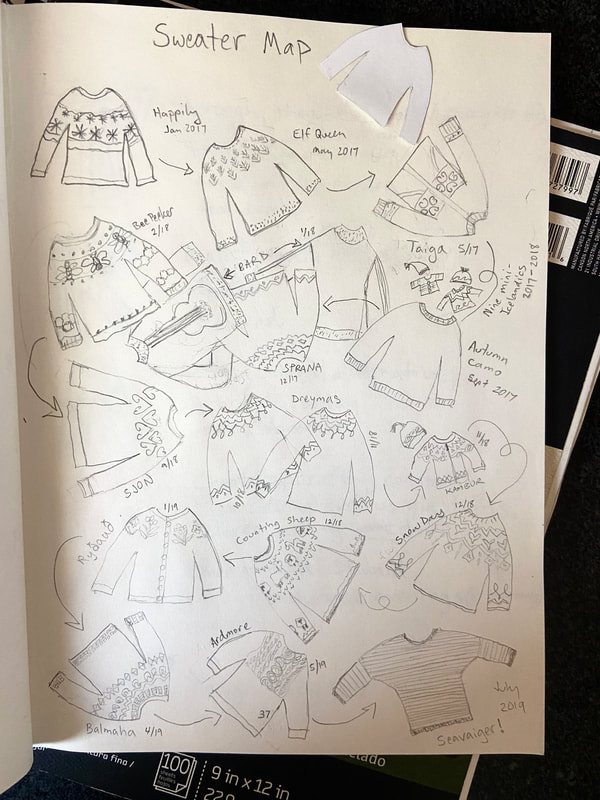
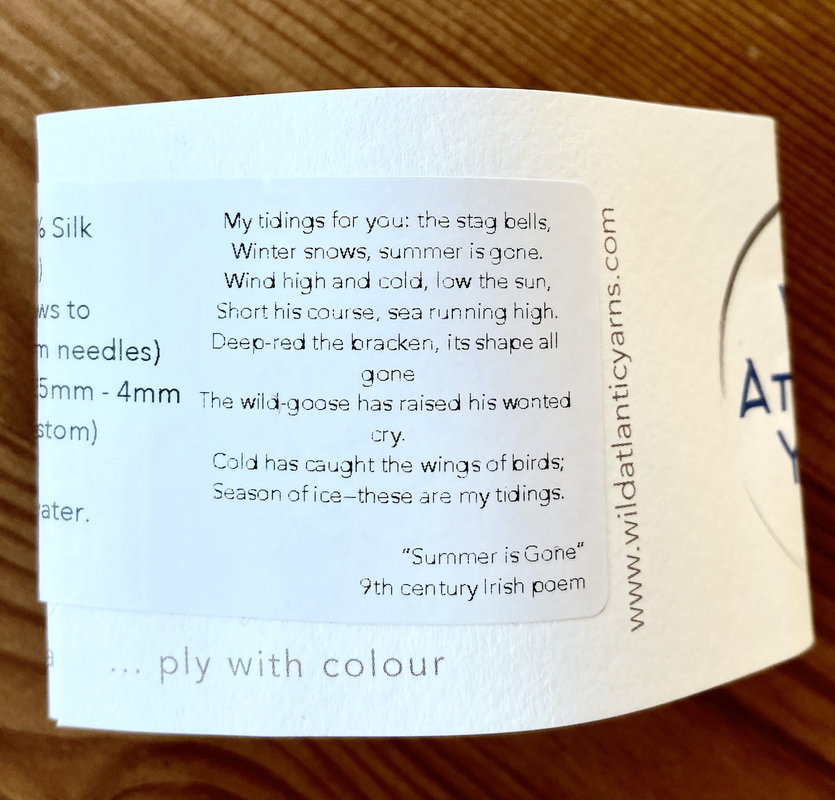

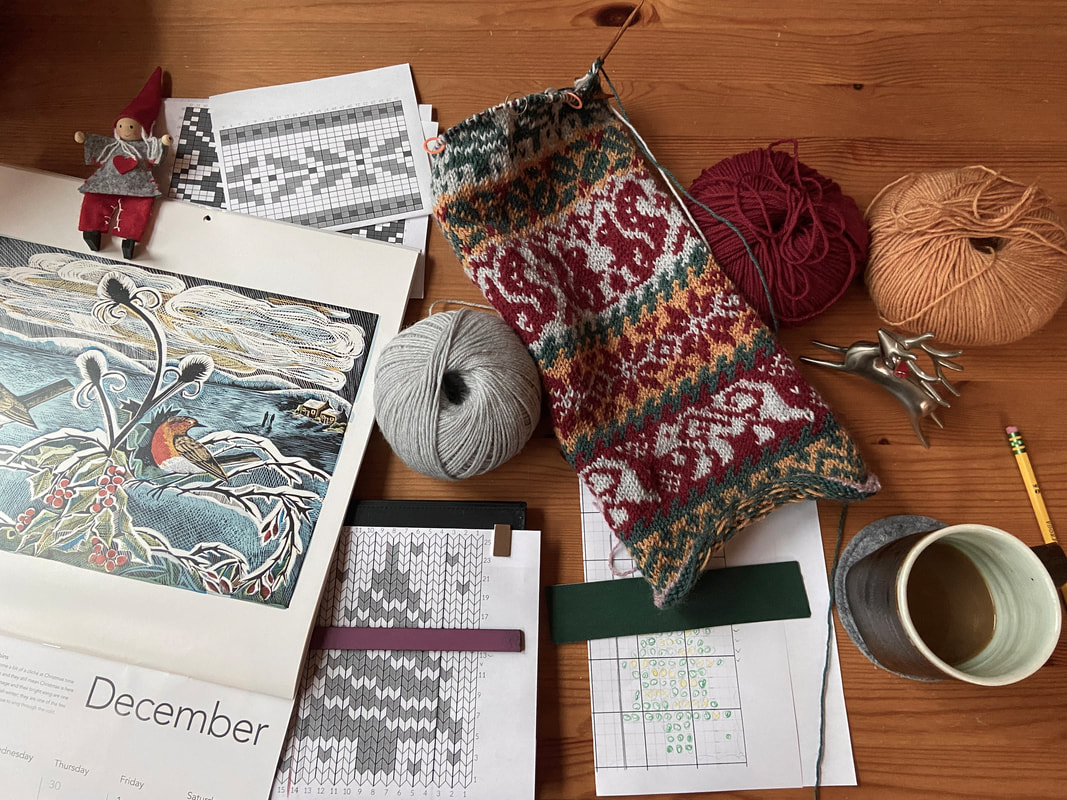
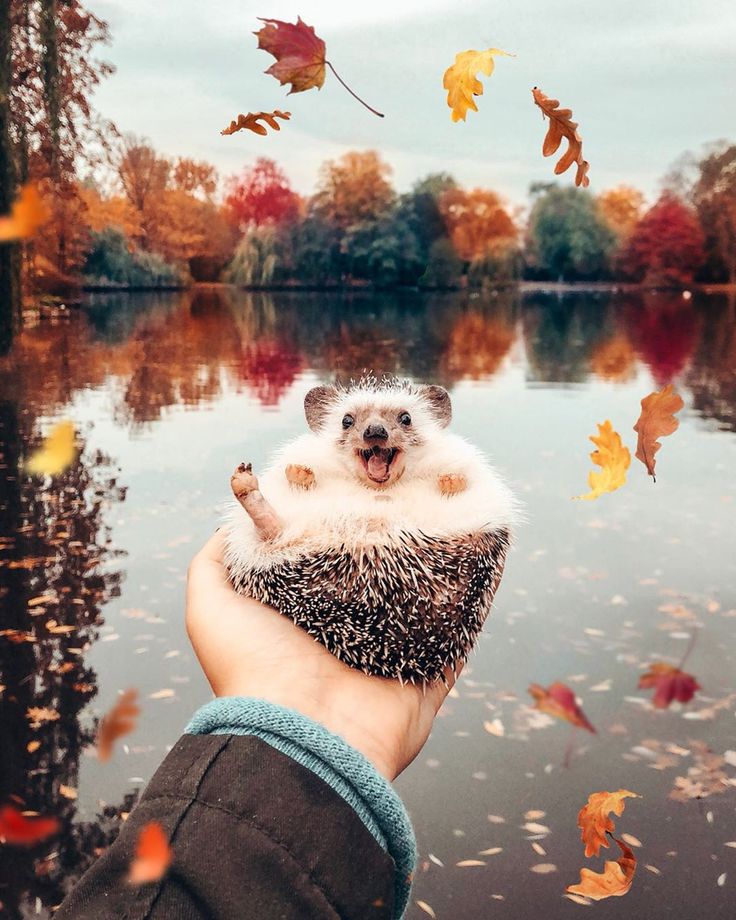
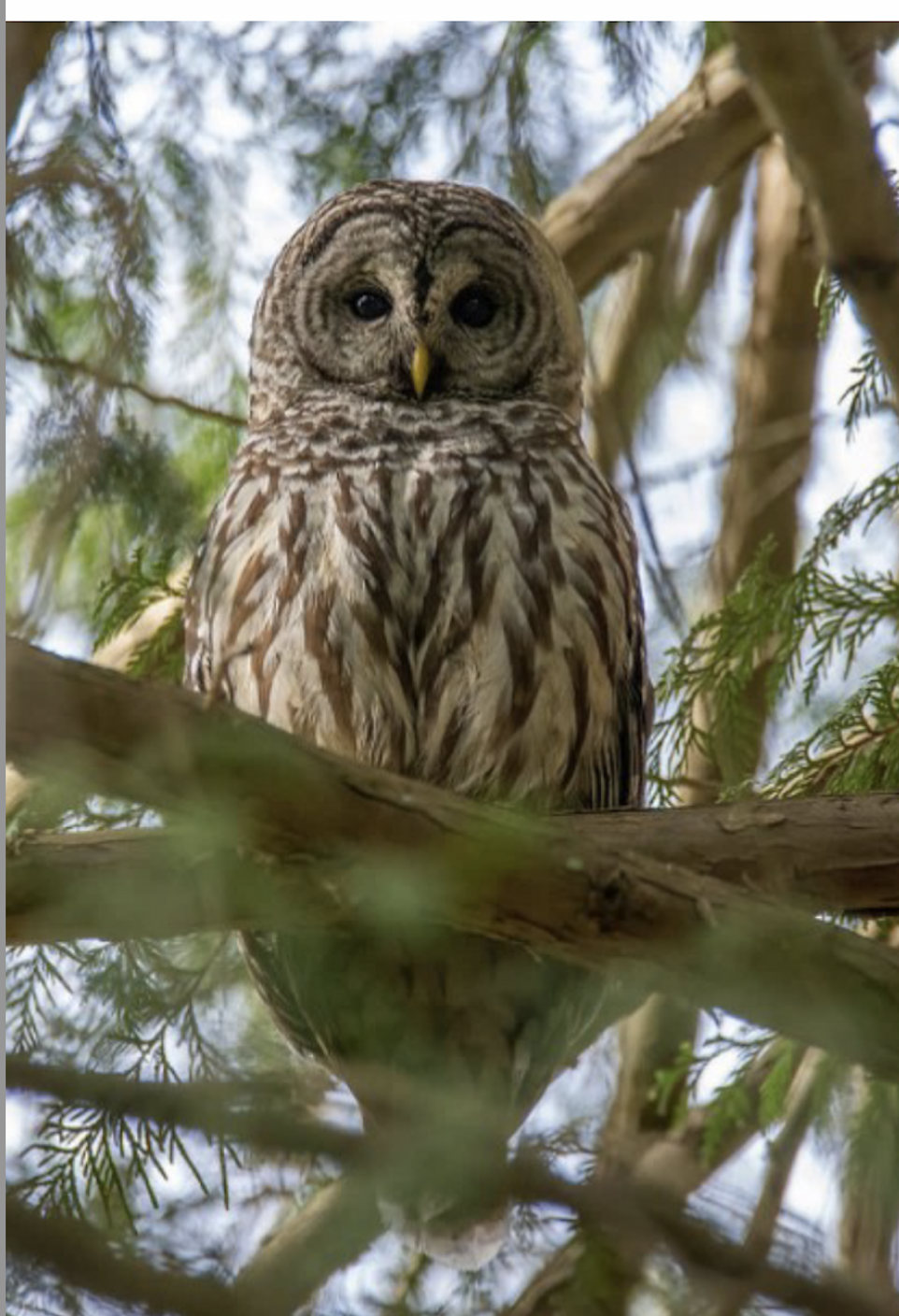
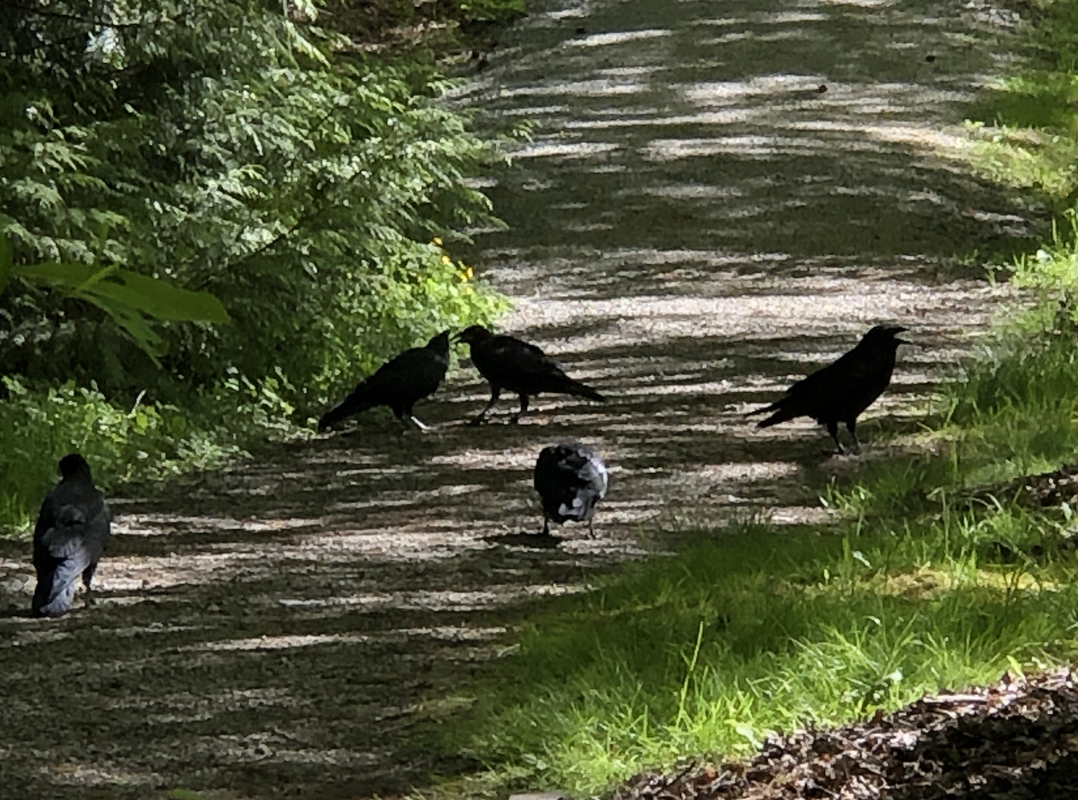
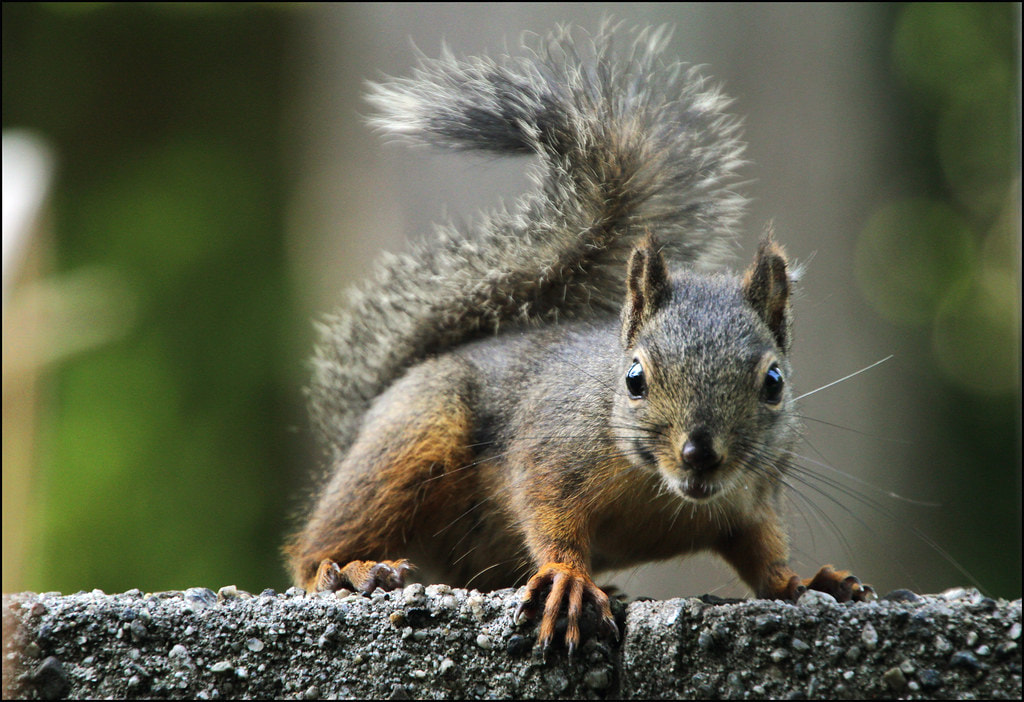
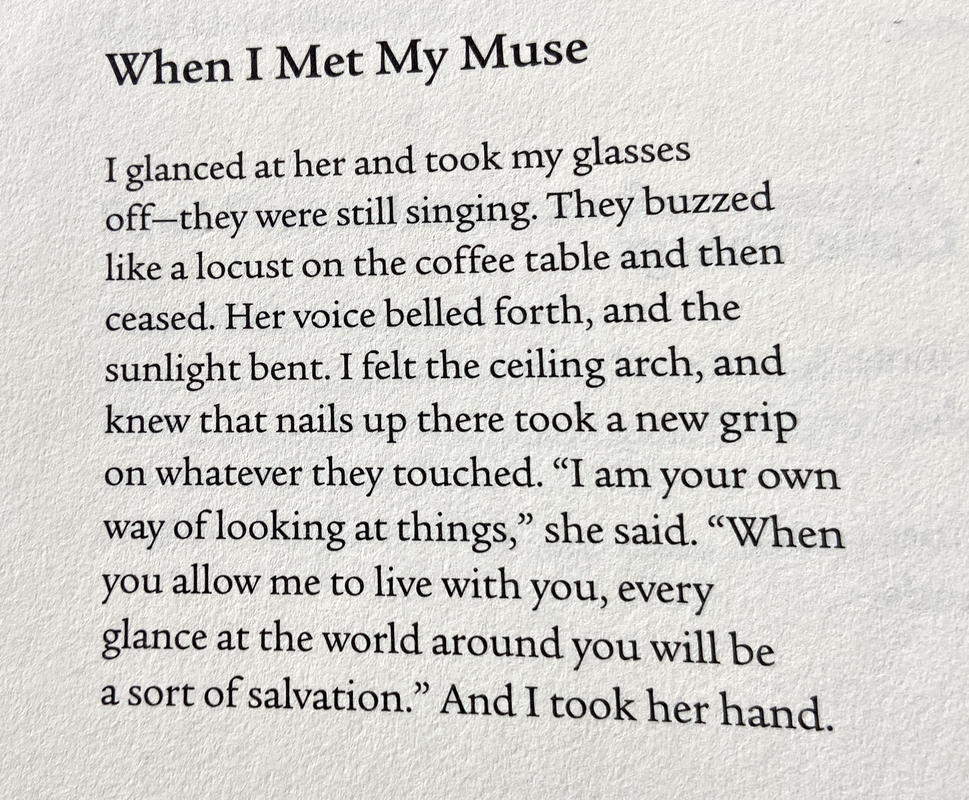
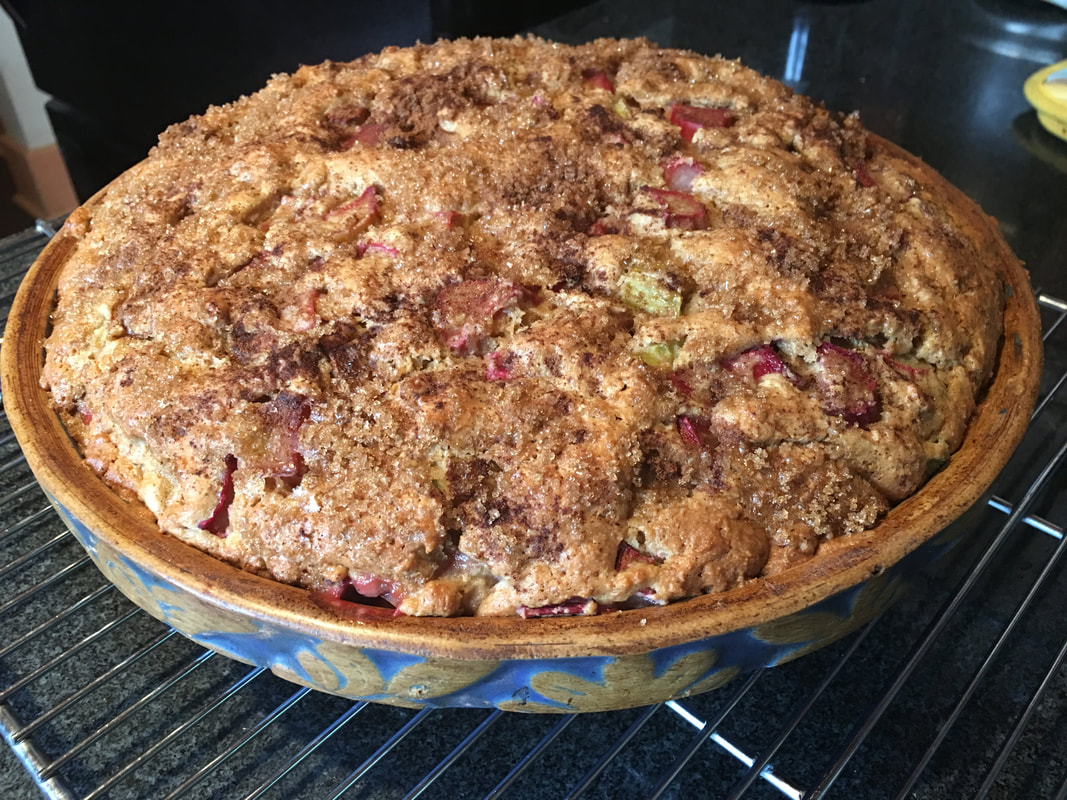
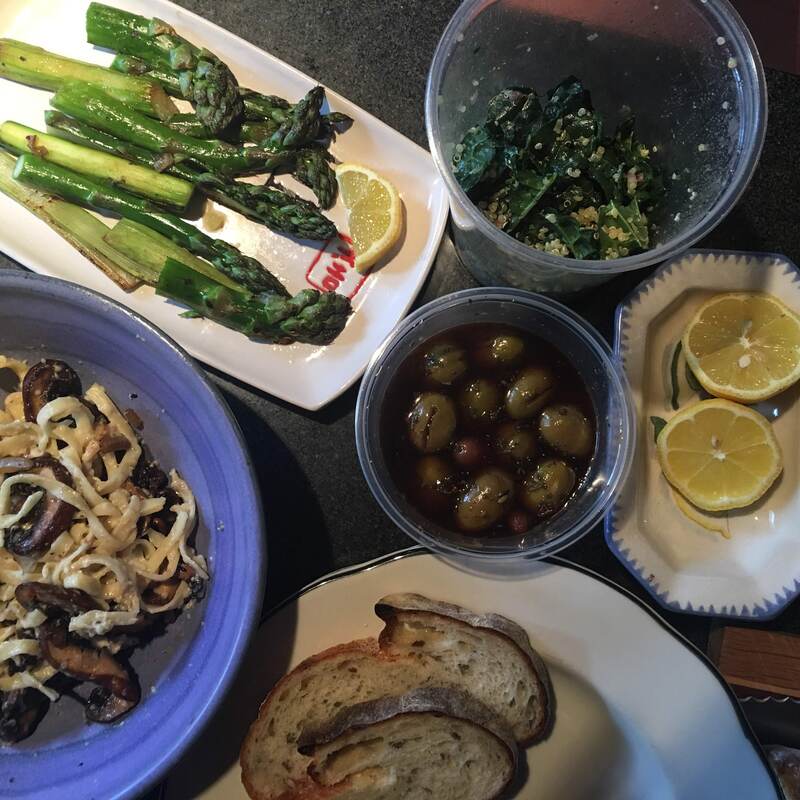
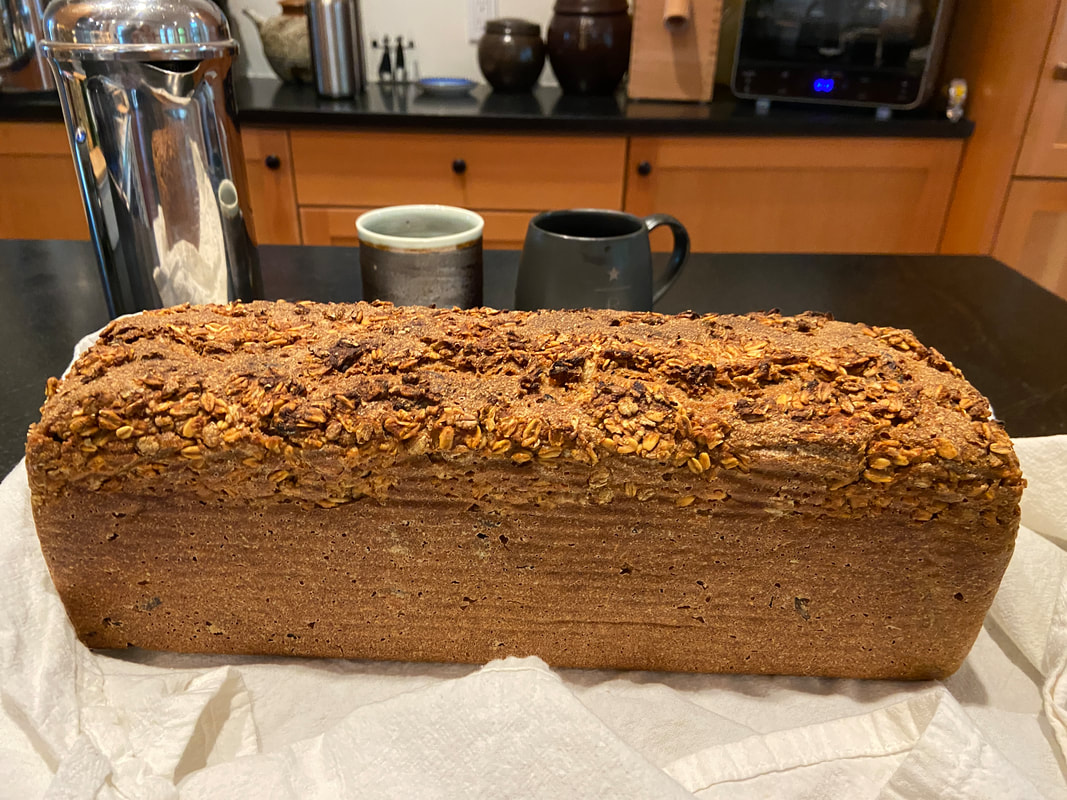
 RSS Feed
RSS Feed
